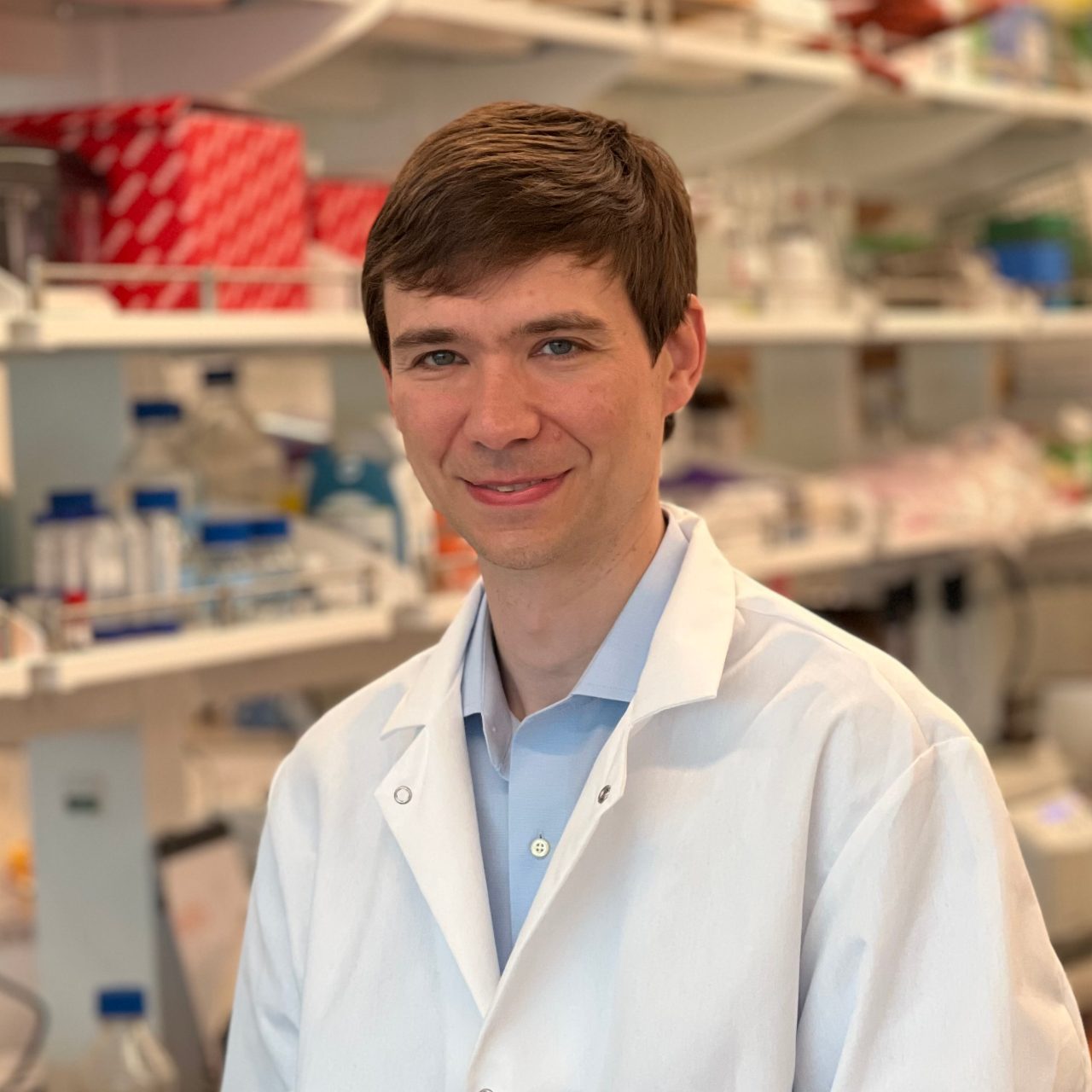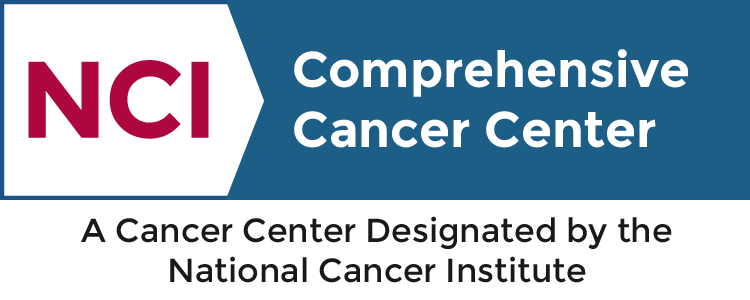We are so excited to have Steven Corsello, MD, join Stanford Medicine! During Colorectal Cancer Awareness Month we sat down with Dr. Corsello to learn about his brand new lab, emerging GI therapies, and so much more.
Please let us know what exciting research you will be conducting in your new lab.
My lab is dedicated to developing new therapeutic strategies for cancer. In prior work, I led the systematic testing of more than 4,000 existing drugs for their ability to inhibit diverse cancer models. We found dozens of non-cancer drugs with unexpected cancer-killing capabilities. By studying these drugs in the lab, we learned that they are mostly working via unexpected targets within cancer cells, often in novel ways such as activating a protein or stabilizing a protein-protein interaction. My lab will determine the mechanistic basis and therapeutic potential for such drug activities, harnessing the latest genomic tools (including CRISPR genome editing) and chemical biology techniques. Specific projects in the lab include targeting a vulnerability in gastrointestinal cancers and developing a therapy for patients whose cancers have developed resistance to chemotherapy via a drug transporter protein.
Can you tell us a bit about the drug repurposing hub library and how this free, open-source resource is benefiting the scientific community as a whole?
Existing drugs have serendipitously been found to be effective for new uses in the past, but it has been challenging to identify these opportunities systematically. A major barrier is the lack of easy laboratory access to pharmaceutical collections. We launched the Drug Repurposing Hub to enable scientists to perform laboratory experiments using a high-quality and open-source drug collection. The collection (housed at the Broad Institute) now contains more than 6,000 existing drugs and other molecules developed by pharmaceutical companies and is accompanied by a freely available information resource (available online at https://clue.io/repurposing). More than 150 large-scale experiments (“screens”) using the Repurposing Hub have been conducted around the world since 2017. Major discoveries include drugs with new activity against cancer, a drug active against a rare form of inherited kidney disease, and drugs with new antibiotic activity. My laboratory is dedicated to developing new approaches to cancer therapy. I am looking forward to building on my experience with the Hub and contributing to screening efforts at Stanford via the CHeM-H and Innovative Medicines Accelerator (IMA) programs.
As a physician-scientist, how has patient care impacted your clinical research and vice versa?
Alongside my cancer therapeutic research, I am a medical oncologist specializing in the management of gastrointestinal cancers. Patient care gives me a direct appreciation of unmet treatment needs and helps inform my lab’s contributions to addressing critical challenges in cancer therapy. Understanding the clinical trial landscape and state-of-the-art molecular diagnostics used to detect biomarkers in the clinic is critical when seeking to translate discoveries from the lab to the clinic.
March is Colorectal Cancer Awareness Month. As a gastrointestinal oncologist, what new treatments do you see on the horizon?
It is an exciting time in the development of new cancer therapies. Through the testing of tumor genes, we can better understand the molecular drivers of an individual patient’s cancer. Evolving drug discovery and biologic technologies have enabled the development of new therapies against challenging cancer targets. For example, targeted therapies against HER2, BRAF, and certain forms of KRAS are now directly benefitting patients. Immunotherapy has dramatically improved treatment options for patients with a subtype of colorectal cancer (“mismatch repair deficiency”). Numerous trials are underway to evaluate whether combinations of immunotherapy drugs with other medicines could benefit more patients with colorectal cancer. Finally, circulating tumor DNA tests are a major advance that now enables us to follow the genetic makeup of a patient’s cancer over time and monitor for cancer recurrence to tailor therapy, and might even be useful in early detection.
Tell us a fun fact about yourself.
I am an avid skier and am excited to take family trips to the Sierra Nevada.



